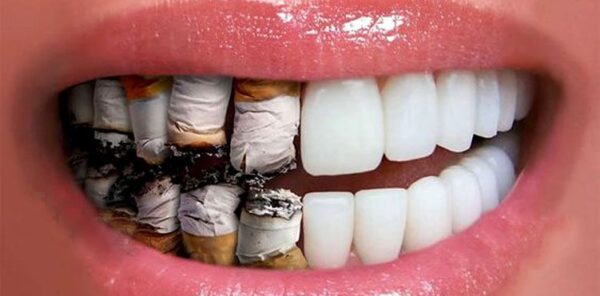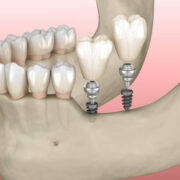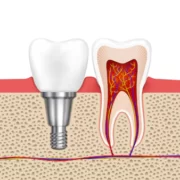Having your teeth removed is a challenging experience for anyone, regardless of age. It’s quite possible that you may find yourself recovering from extraction one day and then struggling with the temptation to smoke again the very next. Tooth extraction can be painful, especially if it’s root canal therapy or another type of procedure rather than simple tooth removal. The discomfort can last for hours or even days after the surgery, making it all the more tempting to light up again as soon as possible after this procedure. But is smoking right after tooth extraction safe?
We understand why you might feel like lighting up again so soon after having your teeth pulled, especially if you have struggled with addiction before and struggled to remain sober afterward. However, there are many reasons why it’s best to wait to smoke again after this procedure – here’s why!
A brief overview of tooth extraction
Tooth extraction is a common procedure that is done for many reasons. If a tooth has become severely decayed and infected, has been knocked out during trauma, or has a toothache and can’t be treated with antibiotics, it may need to be pulled. Luckily, most tooth extractions can be done without anesthetic, so you won’t be put under general and feel any pain.
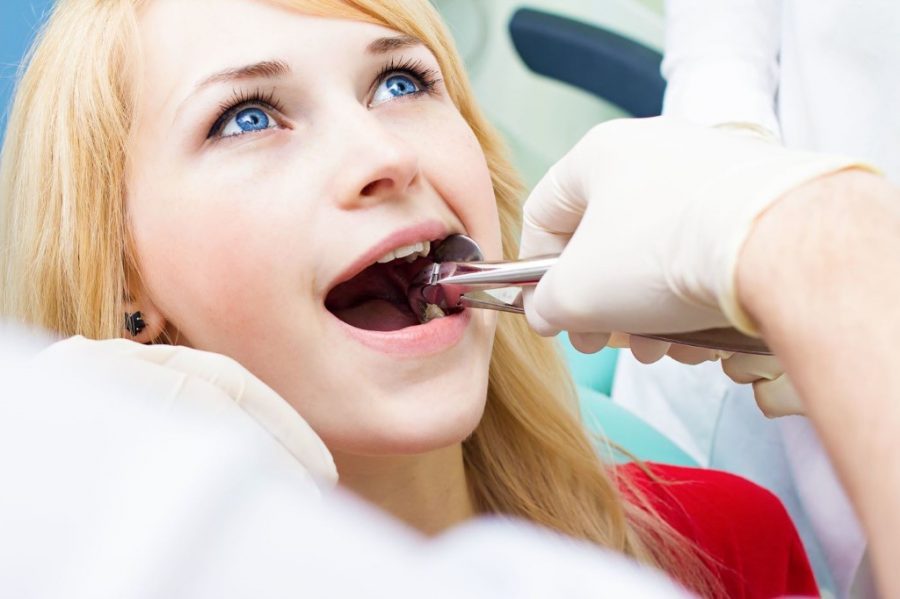
If your tooth has been diagnosed as non-essential, and the dentist has determined that it is not contributing to any health issues and would best be removed, they will likely perform the extraction. They’ll make a small incision at the gum line, then use a pliers-like tool to grab and remove the tooth.
Why smoking is bad after getting your teeth pulled?
It can take quite some time for the mouth and gums to heal after a tooth extraction, sometimes even weeks or months. You may be put on a short course of antibiotics to prevent infection, but it’s still important to practice good hygiene to speed up the healing process.
Unfortunately, smoking after tooth extraction can actually slow down the healing process. The smoke from tobacco is rich in toxins, and it can negatively impact the healing process after an extraction. It can also cause further damage to your gums and mouth, further prolonging the healing time. It may even cause you to need further treatment.
How to combat bad breath from smoking
“Smoker’s breath” is another issue some people have. This is caused by the early stages of gum disease or dry mouth due to decreased saliva production. Here are a few options to help eliminate smoker’s breath:
- Brush your teeth at least twice a day, and floss at least once a day.
- Increase your fluid intake to prevent dry mouth.
- Use an antibacterial mouthwash for dry mouth.
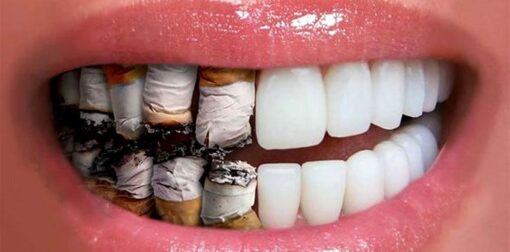
- Chew sugarless gum.
- Suck on a peppermint.
- Schedule regular dental cleanings to remove plaque and tartar from your teeth.
- Cut back on smoking, or stop altogether. Give these tips a try to help you quit cold turkey.
You’ll still be reeling from the procedure when you’re craving a cigarette
The human body is incredibly adaptive and resilient, but it can still be greatly affected by its environment. When you are under stress or facing a challenge, your body releases adrenaline, which can create a “fight or flight” response in the body. Here, adrenaline increases your heart rate, makes your blood pressure rise, and triggers your body to release glucose (sugar), which can make you feel energized, and focused, and bring a sense of urgency to get things done. Unfortunately, when you are experiencing withdrawal after an addiction, you can be hit with a double dose of adrenaline.
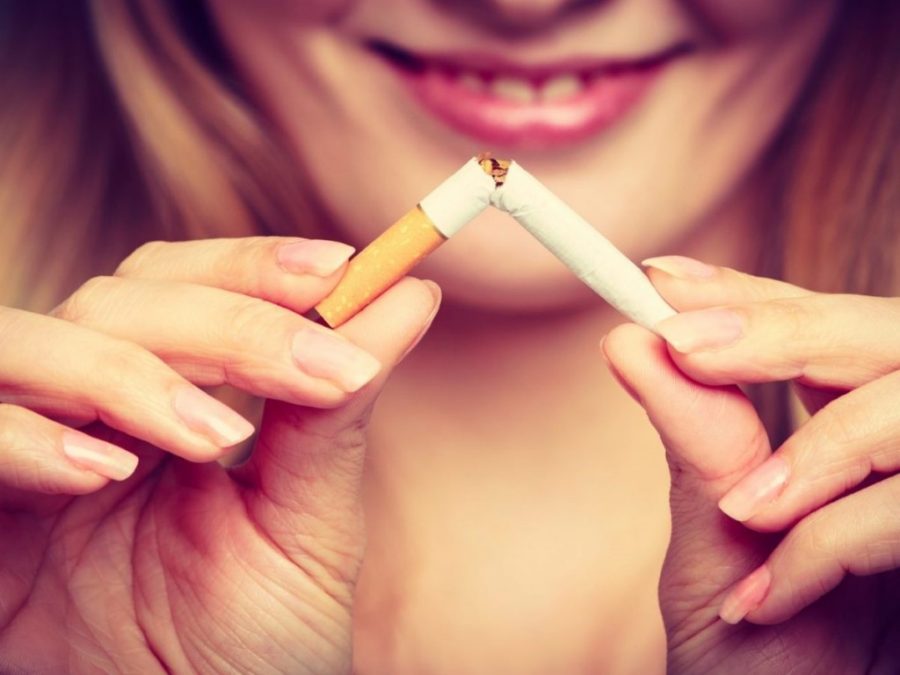
This will make you feel like you have to get things done ASAP, and it can make you feel jittery, restless, and tense. After the extraction, you may feel like you have to calm these negative feelings as soon as possible. The intense adrenaline rush will likely trigger cravings to smoke and make it even harder to resist the urge to smoke again.
Nicotine is a muscle relaxant, which makes extraction recovery even more painful
People who have teeth removed often report that the extraction process was excruciatingly painful, and we can only imagine how much worse it would have been having we not been under anesthesia. If you have an extraction, you’re going to have some pain, no matter what. However, nicotine is a muscle relaxant, and smoking will further reduce the amount of pain you feel during the extraction.
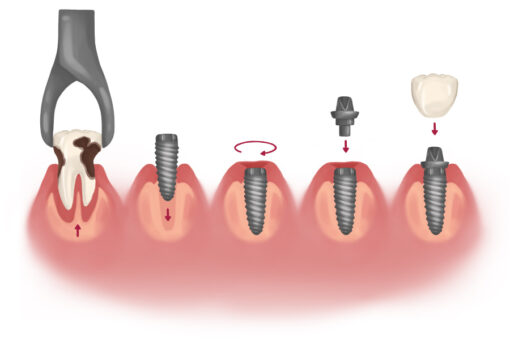
If you’re already suffering from immediate post-extraction pain, it will make it even harder to feel the full extent of the pain and know when to stop. This can make the extraction process even more painful, and it can delay the healing time. In addition, smoking will cause your gums to swell. And you won’t be able to brush your teeth as thoroughly as usual.
Smoking messes with your blood-oxygen level
Blood is what brings oxygen to your cells. It is a liquid that’s made up of several different components, including red blood cells. These red blood cells are responsible for transporting oxygen throughout your body, which is essential to all of your cells. When you smoke, you reduce the amount of oxygen in your blood and increase carbon dioxide. This can lead to dizziness and make the extraction experience even more painful. As well as make the healing process take longer.
Our blood cells are carriers of oxygen, and each blood cell may carry around four molecules of oxygen from the lungs to different body organs. We can use a pulse oximeter to estimate the blood oxygen levels. This non-invasive equipment works by sending infrared rays into the capillaries when placed on the fingertip or earlobe. It estimates the oxygen level by measuring the light reflected.
Conclusion
As you can see, smoking after a tooth extraction is not a good idea. It will prolong the healing process, put extra strain on your gums, and lessen the amount of oxygen in your blood. We understand how tempting it can be to light up again after such a traumatic experience. But you have to resist the urge to smoke. If you do, you’ll feel so much better and heal faster.

